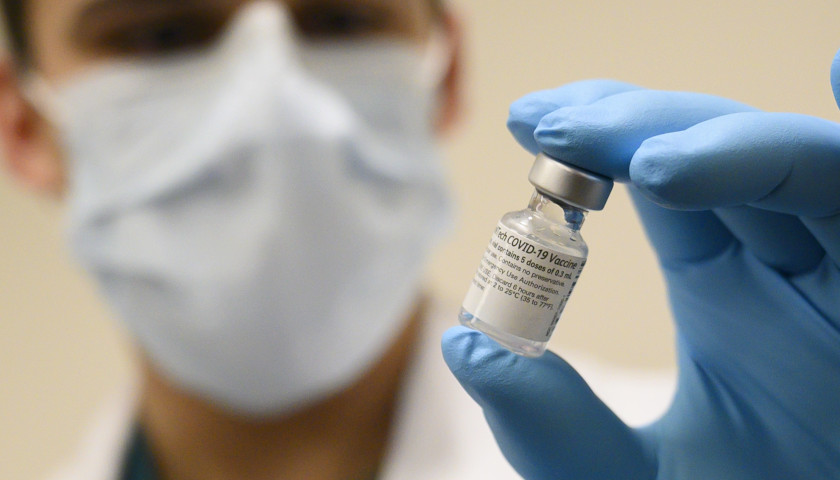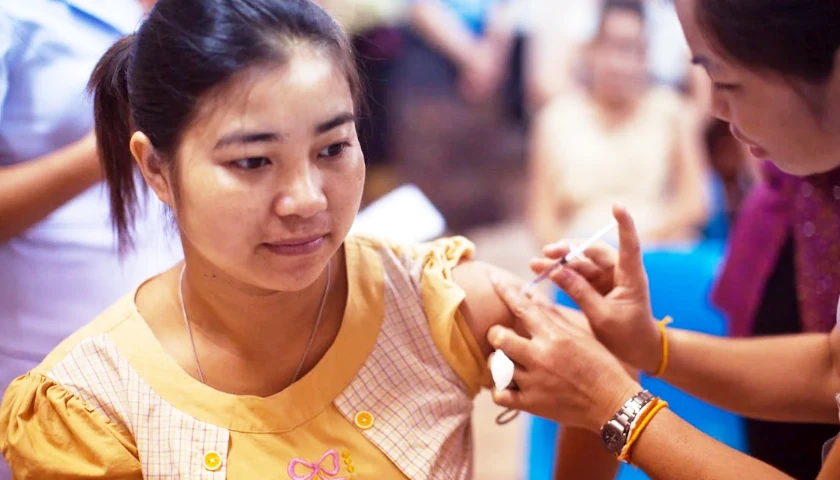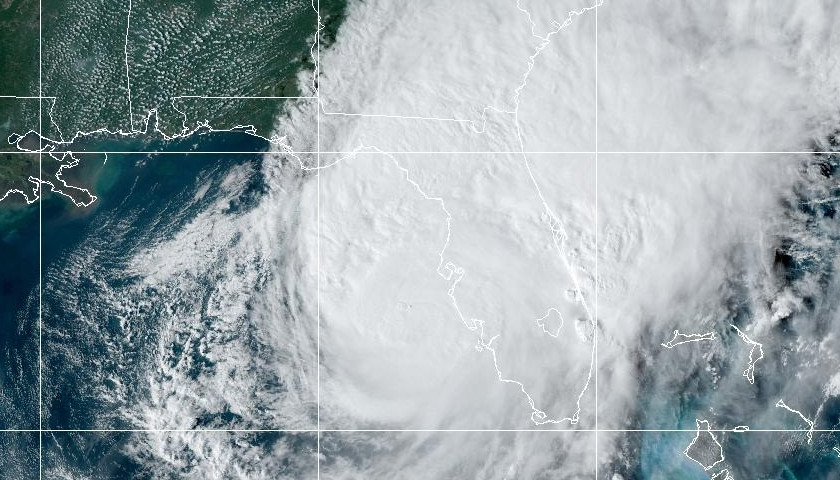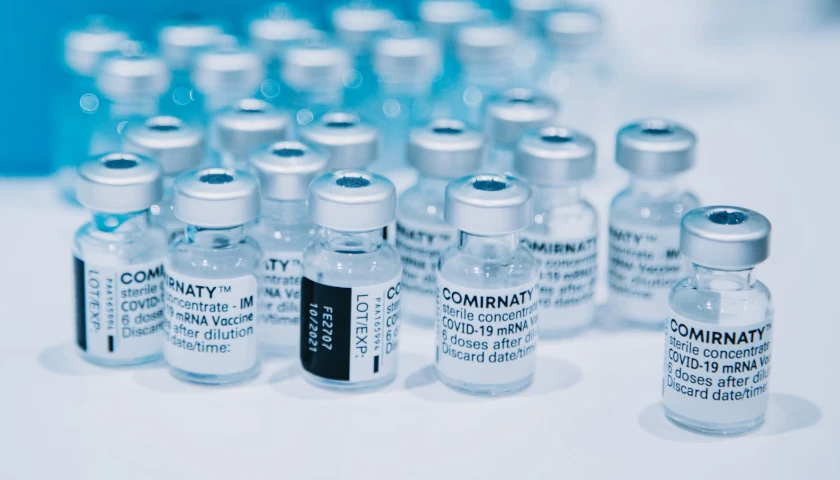by Laurel Duggan
Vitamin D deficiency was linked to worse health outcomes for COVID-19 patients, including higher risk of death, a new study found.
Israeli scientists from Bar-Ilan University and the Galilee Medical Center found a strong connection between vitamin D deficiencies and negative COVID-19 outcomes. The researchers were able to predict COVID-19 patients’ vitamin D status accurately based on the severity of the disease in a patient, according to the Feb. 3 study.

Patients with pre-infection vitamin D deficiency were 14 times more likely to have severe or critical COVID-19 symptoms. While worse COVID-19 outcomes and lower vitamin D levels were both associated with old age, researchers also found that low levels of the nutrient were still linked to worsened health outcomes in patients across all age groups.
A little late to the party. The data on vitamin D was obvious early on.
If we had a properly functioning federal healthcare system, we would have seen gov't PSA's advising to follow up with docs to keep levels at about 55-60.
And many lives could have been saved. https://t.co/s0U9mU4WbC
— Steven Phillips, MD (@StevePhillipsMD) February 14, 2022
Diet was a driving indicator of vitamin D levels, noting that Israeli Arabs traditionally ate diets low in meat and fish and had lower levels of the nutrient, according to the study. The demographic’s higher rate of critical COVID-19 cases may also be linked to delayed medical attention seeking, according to the researchers.
Vitamin D is also known to strengthen bone and muscle health which, according to the researchers, is part of a healthy response to viral infections. The nutrient was also linked to a lower risk of COVID-19 infection overall in a University of Chicago study.
In addition to vitamin D deficiency, studies have found that COVID-19 cases are more severe in patients with comorbidities, particularly obesity.
– – –
Laurel Duggan is a reporter at Daily Caller News Foundation.






Many pointed that out years ago. Thanks for the new and improved study of something we already knew.